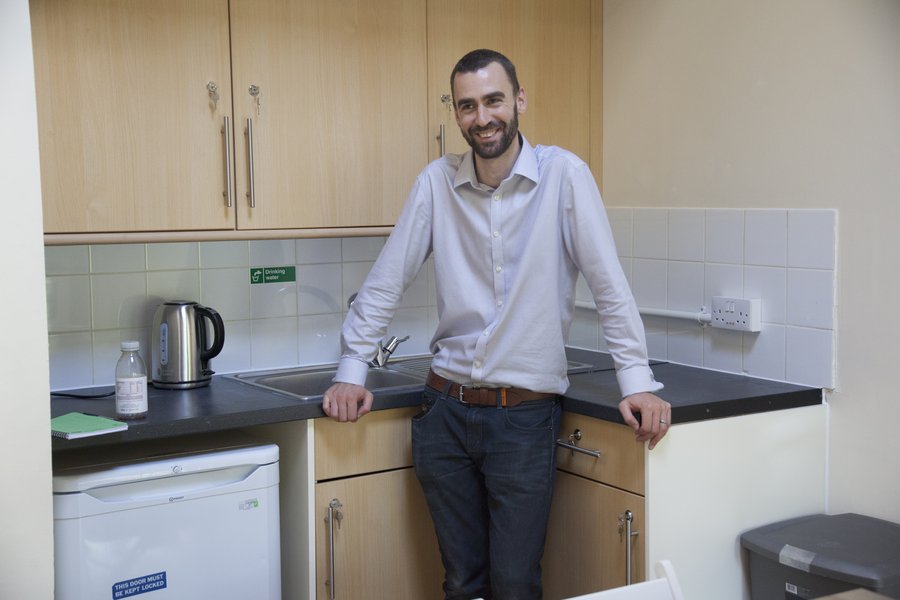Daniel Coghill shares three helpful ways to support people experiencing homelessness.
I still remember the first time I really saw someone sleeping rough and understood the full implications of their plight.
I was 18, walking through the tunnels near Aldgate Station, and I was struck by the injustice of it all – people sleeping in the cold just beneath the towering banks of London’s financial district. That contrast between extraordinary wealth and desperate need has stayed with me ever since.
Years later, I now work for Webber Street, and while I’ve learned much, that sense of injustice hasn’t gone away. What has changed is my understanding of how we can help – and it starts with seeing people as individuals, not problems to be solved.
The people we walk alongside at the Webber Street Centre have not had an easy life. People like Anna*. She first came to Webber Street many years ago, in need of help and community.
She’d had a tough journey – addiction, instability, and isolation. But what she found at Webber Street wasn’t just a service. She found people who cared. People who saw her as someone made in God’s image. People who didn’t give up on her, even when things got messy.
Today, Anna has been sober for more than a year, is in stable housing, and in a welcoming church fellowship with people who have not only accepted but embraced here. Her story is a powerful reminder that through Jesus, change is possible – but it takes time, consistency, and love.
So how can we help others like Anna? Here are three things I’ve learned:










